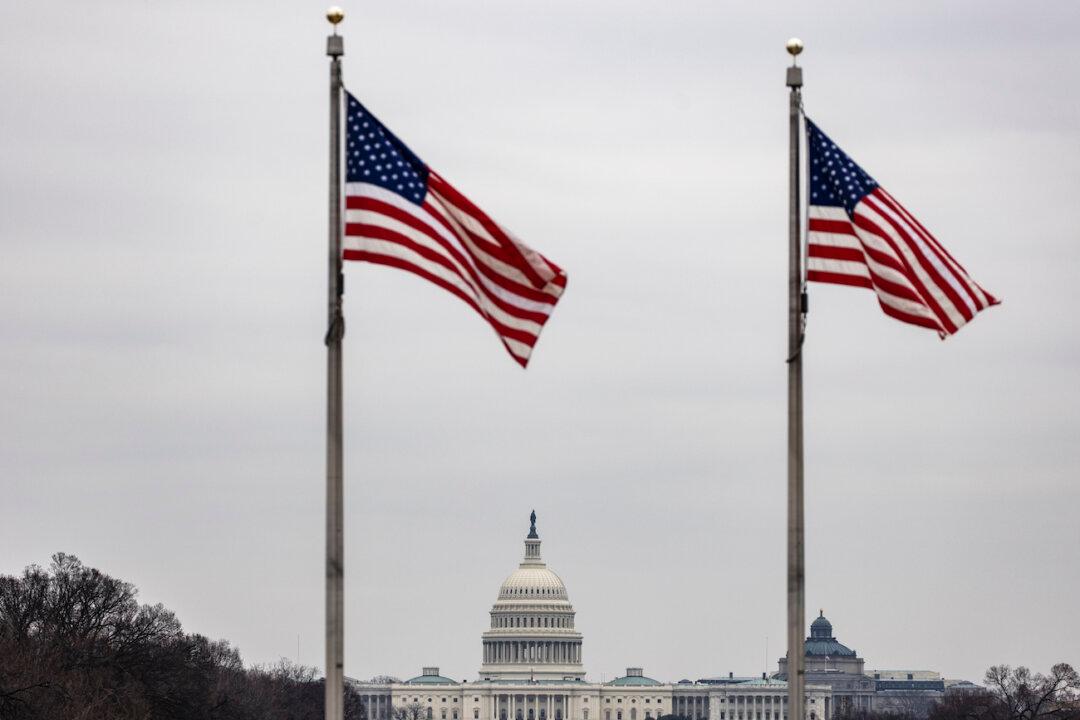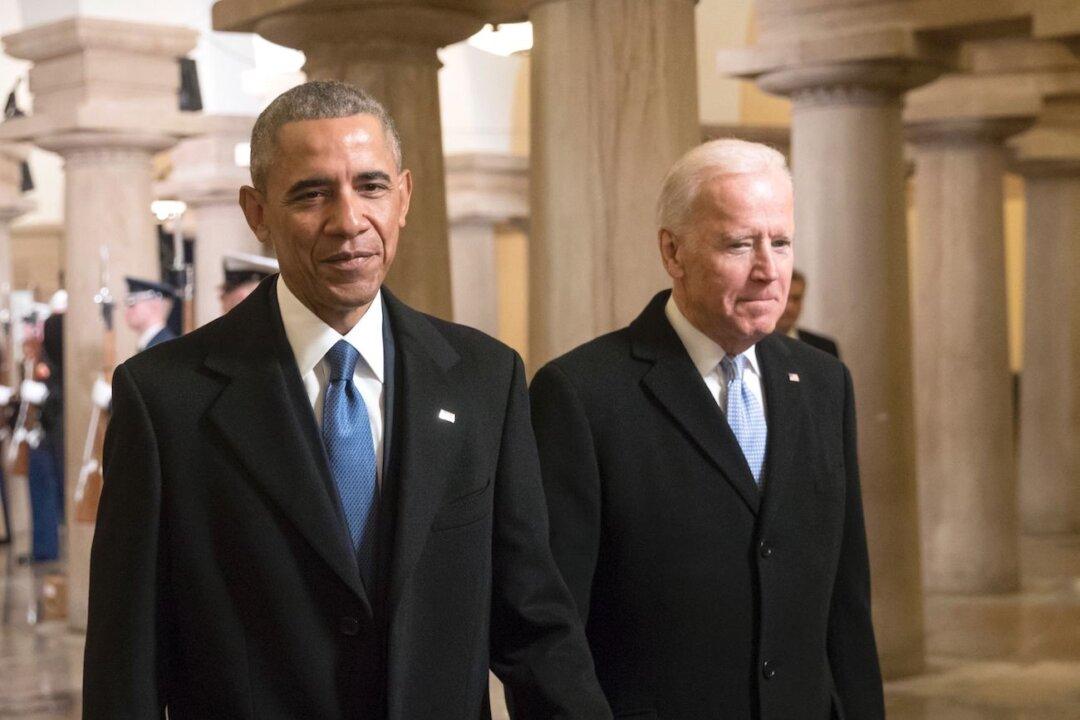Commentary
In a 2010 essay for The American Spectator, the late, great intellectual Angelo Codevilla wrote a rare essay that was, in retrospect, so prescient as to be outright eerie. Titled “America’s Ruling Class” and deploying “class”-based phraseology historically more at home in some corners of the political left than on the postwar political right, Codevilla set his sights squarely on his eponymous target.





